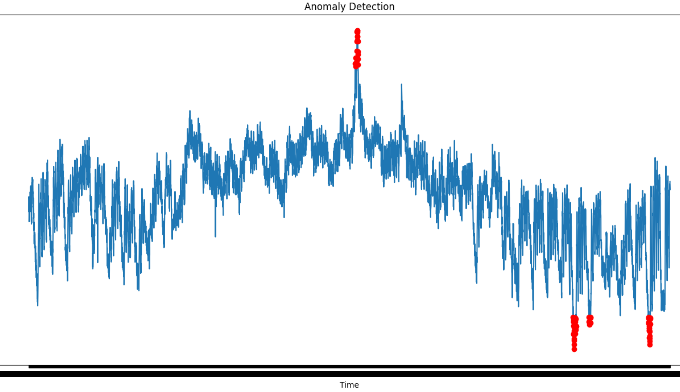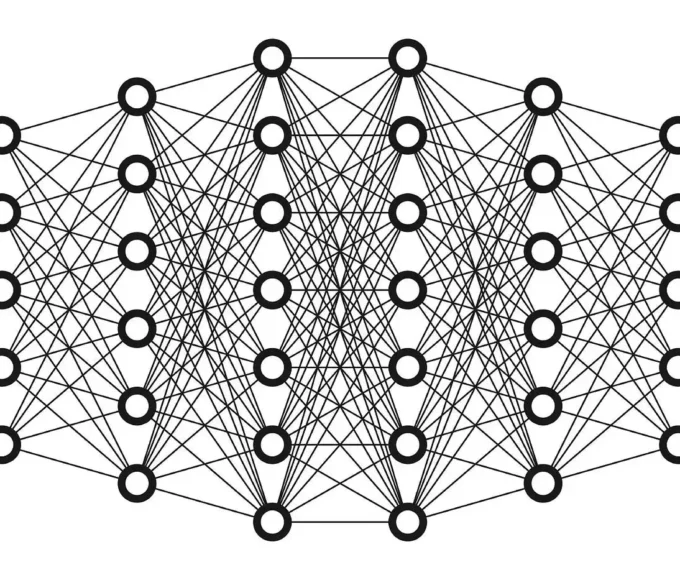In recent years, there has been a growing interest in the use of machine learning in healthcare. Medical professionals are now utilizing machine learning algorithms to diagnose and treat diseases more accurately and efficiently. Machine learning is a subset of artificial intelligence (AI) that involves training computer systems to recognize patterns and make decisions based on data. In the medical field, machine learning algorithms can be used to analyze vast amounts of patient data and identify trends.
Machine learning has gained significant attention in the healthcare industry for it’s efficiency in diagnosis and treatment. According to a report by Zion Market Research, the global machine learning in healthcare market is expected to reach USD 8.49 billion by 2027.
One of the most significant advantages of machine learning in healthcare is its ability to provide personalized treatment plans. By analyzing data, medical professionals can identify patients who are at higher risk of developing certain diseases and tailor their treatment plans accordingly. This approach not only improves patient outcomes but also helps to reduce healthcare costs by minimizing unnecessary treatments and tests.
Another area where machine learning is making an impact is in the field of radiology. Medical imaging technology has advanced significantly in recent years. Machine learning algorithms can be trained to analyze medical images with a high degree of accuracy. For example, machine learning algorithms can be used to detect early signs of cancer or identify abnormalities in MRI scans.
Machine learning is also being used to improve the accuracy of diagnoses. One example is analysing images of skin lesions and accurately identify the presence of skin cancer. This approach has the potential to reduce the number of unnecessary biopsies and improve patient outcomes.
In addition to improving diagnosis and treatment, machine learning is also being used to streamline healthcare operations. For example, machine learning algorithms can be used to optimize hospital bed allocation and predict patient readmissions. This approach can help hospitals to operate more efficiently, reduce costs, and improve patient outcomes.
India has also witnessed an increasing interest in the use of machine learning in healthcare, with several startups entering the market. One such startup is Niramai, which uses artificial intelligence (AI) and ML to detect breast cancer at an early stage.
Another Indian startup, Qure.ai, uses machine learning to analyze medical images and detect abnormalities in them. The company’s technology can identify abnormalities in X-rays, CT scans, and MRI scans with a high degree of accuracy. Qure.ai has been named as one of the Top 50 Smartest Companies by MIT Technology Review.
In addition, Indian healthcare providers such as Apollo Hospitals and Max Healthcare have also started using machine learning algorithms to improve patient outcomes and reduce healthcare costs. Apollo Hospitals has collaborated with Microsoft to develop an AI-powered cardiovascular disease risk score, which can predict the risk of developing heart diseases. Max Healthcare has partnered with IBM Watson to develop an AI-powered oncology tool that helps doctors make personalized treatment plans.
However, the use of machine learning in healthcare also poses significant challenges, such as data privacy. It must be ensured that patient data is handled securely. At the same time, the algorithms used to analyze this data are accurate and unbiased.
Machine learning is transforming the healthcare industry in India, with startups and healthcare providers using it to improve patient outcomes, reduce healthcare costs, and develop innovative solutions.
As the field continues to advance, we can expect to see even more startups and collaborations in this area, driving innovation and growth in the healthcare sector.















Leave a comment